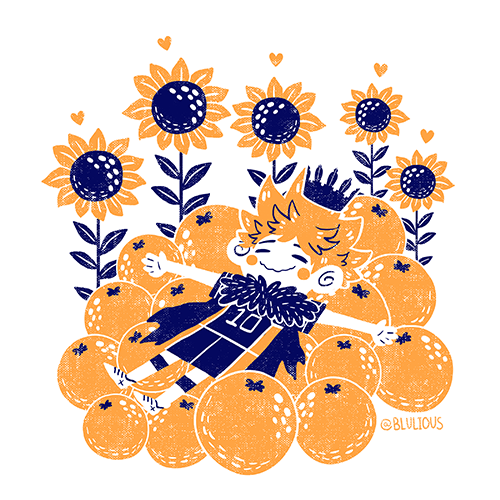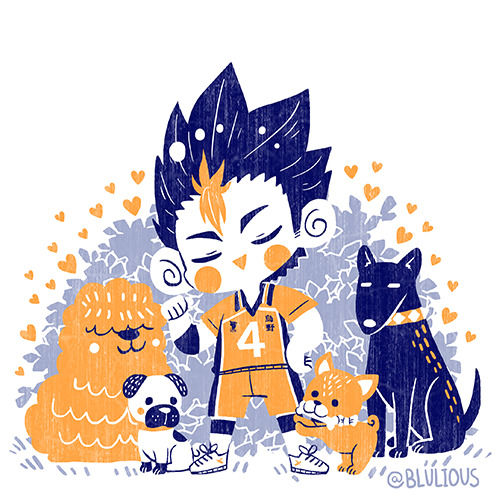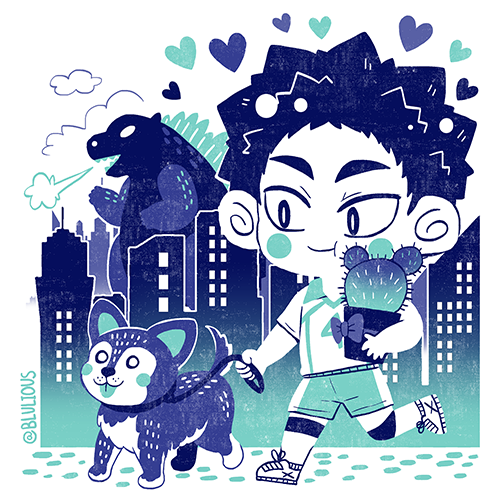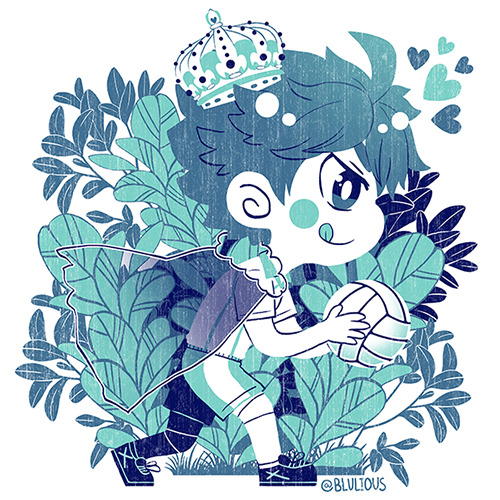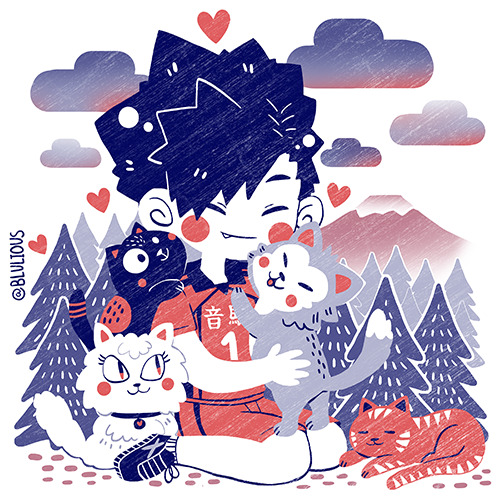Text
Exspaining Spain: regions
Galicia (Galicia/Galiza)

Galicia has four provinces, A Coruña, Lugo, Ourense, and Pontevedra. The capital city is Santiago de Compostela.

Architecture
The traditional architecture of the region characterized by granite or stone walls, wooden structures, and ceramic, stone or straw roofs. A peculiar type of construction is the palloza, an oval or rounded house with straw roofs and a barn.
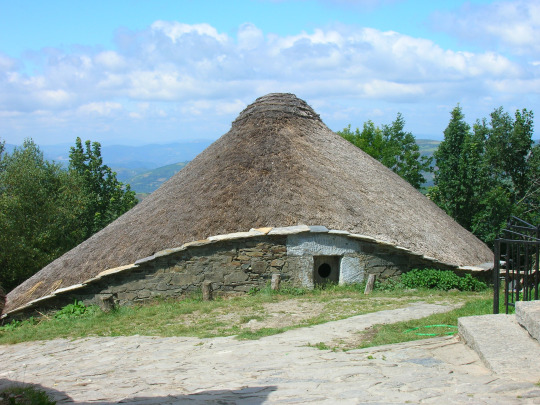
Climate
The predominant climate types is the oceanic one, characterized by cool summers and winters. There are high precipitations all year round. The average temperature throughout the year is 13.3 ºC (55.9 ºF).
Economy
Fishing is the most important economic activity, but agriculture and industry are also relevant, together with tourism.
The secondary sector includes shipbuilding, textiles, granite, and automobiles. The most touristic regions are the Rías Baixas and Santiago de Compostela, which is the destination of the Way of St. James.

Famous people
Adolfo Domínguez - fashion designer
Amancio Ortega - businessman, founder of Inditex
Camilo José Cela - writer, Nobel Prize in Literature
Concepción Arenal - writer
Emilia Pardo Bazán - writer
Francisco Franco - dictator
Luis Tosar - actor
Luz Casal - singer
Mariano Rajoy - former prime minister
Rosalía de Castro - writer
Gastronomy
The Galician diet is generally based on fish, shellfish, potatoes, meat, cheese, and wines.
Typical dishes include polbo á feira (octopus), caldo galego (stew with vegetables, potatoes, white beans, and fatty pork), empanada galega (a type of empanada with fish, shellfish, or meat), and tarta de Santiago (almond cake).
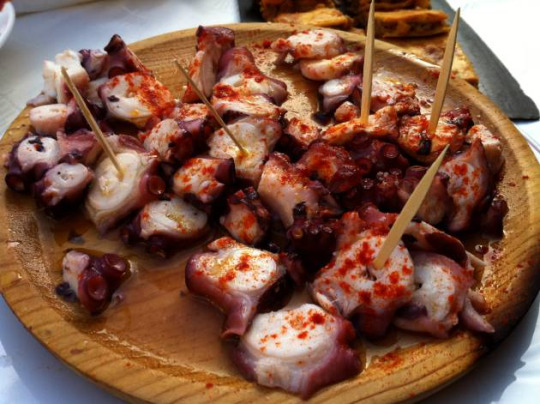
Polbo á feira

Tarta de Santiago
History
1st millennium BCE - Castro culture
1st century BCE - Roman conquest
5th century CE - Suebi, Britons
6th century - Visigoth invasion
8th century - Muslim invasion
1072 - union with the Kingdom of León
1808 - proclamation of the Kingdom of Galicia
1833 - end of the Kingdom of Galicia
1981 - Statute of Autonomy
Languages
The official languages are Galician and Spanish. You can find out more about Galician in this post.
Galician Spanish has no compound past perfect tense, as a result of the influence of Galician. It is also characterized by a greater use of archaisms, the substitution of common-use words for Galician ones, and an abundant use of diminutives, as well as some minor phonological differences regarding Standard Spanish.
Monuments and landmarks
There are four UNESCO World Heritage Sites: Roman Walls of Lugo (Lugo), Route of Santiago de Compostela (shared with other regions of Spain), Santiago de Compostela (Old Town) (A Coruña), and Tower of Hercules (A Coruña).
Other landmarks include the Ourense Cathedral (Ourense) and the Sanctuary da Virxe Peregrina (Pontevedra).

Santiago de Compostela (Old Town)

Tower of Hercules
69 notes
·
View notes
Text
Sehun: Hey, have you seen Baekhyun?
Chanyeol: Every part of him
Sehun: ...
Chanyeol: ...
Sehun: Dude what the fuck
80 notes
·
View notes
Text
Korean Vocabulary: Cooking | Cozinha

VERBS (Active voice)
요리하다 = To cook | Cozinhar
조리하다 = To cook | Cozinhar
먹다 = To eat | Comer
마시다 = To drink | Beber
자르다 = To cut | Cortar
썰다 = To chop/To slice | Picar/Fatiar
섞다 = To mix | Misturar
그릴에 굽다 = To grill | Grelhar
끓이다 = To boil | Ferver
튀기다 = To (deep) fry | Fritar (mergulhar em óleo)
볶다 = To (stir) fry | Fritar (na frigideira)
찌다 = To steam | Cozinhar no vapor
굽다 = To bake | Assar
대접하다 = To serve | Servir
저리다 = To preserve | Preservar
벗기다 = To peel | Descascar
갈다 = To grate | Ralar
훈제하다 = To smoke | Defumar
짜다 = To squeeze | Espremer
양념하다 = To season | Temperar
넣다 = To put/To add | Botar/Adicionar
중탕하다 = Double boil | Botar em banho-maria
발효시키다 = To ferment | Fermentar
NOUNS
주방 = Kitchen | Cozinha
부엌 = Kitchen | Cozinha
음식 = Food | Comida
음료 = Beverage | Bebida
냉장고 = Refrigerator | Geladeira
냉동실 = Freezer | Congelador
냄비 = Pot | Panela
팬 = Pan | Panela/Frigideira
후라이팬 = Frying pan | Panela/Frigideira
가스렌지 = Stove | Fogão
전자렌지 = Microwave | Microondas
오븐 = Oven | Forno
토스터 = Toaster | Torradeira
블렌더 / 믹서기 = Blender | Liquidificador
재료 = Ingredient | Ingrediente
비밀 재료 = Secret Ingredient | Ingrediente Secreto
조리도구 = Cooking utensils | Utensílios culinários
도마 = Cutting Board | Tábua de cortar
체 = Strainer | Coador
거품기 = Whisk | Fuê
뒤집게 = Spatula | Espátula
홍두깨 = Rollin Pin | Rolo
식기 = Silverware | Prataria
젓가락 = Chopsticks | Hashis
숟가락 = Spoon | Colher
국자 = Ladle | Concha
포크 = Fork | Garfo
나이프 = Knife | Faca
칼 = Knife | Faca
접시 = Plate | Prato
그릇 = Bowl | Tigela
찻잔 = Teacup | Xícara
샷잔 = Shot glass | Copo de shot
유리잔 = Glass | Copo
머그잔 = Mug | Caneca
주전자 = Kettle | Chaleira
요리법 = Recipe | Receita
맛 = Flavor | Sabor
향신료 = Spice | Tempero
냅킨 = Napkin | Guardanapo
아침밥 / 아침 식사 / 아침 = Breakfast | Café da manhã
점심 = Lunch | Almoço
저녁 식사 = Dinner | Jantar
채식주의 = Vegetarianism | Vegetarianismo
채식주의자 = Vegetarian | Vegetarian
비거니즘 = Veganism | Veganismo
비건 = Vegan | Vegano
요리사 = Chef | Cozinheiro
ADJECTIVES
짜다 = Salty | Salgado
짭짤하다 = A little salty | Um pouco salgado
싱겁다 = Bland | Insosso/Sem gosto
달다 = Sweet | Doce
달콤하다 = Sweet | Doce
달착지근하다 = A little sweet | Um pouco doce
시다 = Sour | Azedo
맵다 = Spicy | Apimentado
매콤하다 = A little spicy | Um pouco apimentado
쓰다 = Bitter | Amargo
매콤달콤하다 = Sweet and spicy | Doce e apimentado
새콤달콤하다 = Sweet and sour | Agridoce
시원하다 = Refreshing/Cool | Refrescante/Fresco
맛있다 = Delicious | Delicioso
맛없다 = Not delicious/Bad | Ruim
60 notes
·
View notes
Text
Romance languages comparison (Spanish - French - Catalan - Italian - Portuguese [English])
El tiempo - le temps - el temps - il tempo - o tempo (weather)
el amanecer - le lever du jour - l’alba (f) - l’alba (f) - o amanhecer (dawn)
el atardecer - la tombée du jour - el capvespre - il tramonto - o entardecer (sunset)
el arcoíris - l’arc-en-ciel (m) - el arc de sant Martí - l’arcobaleno (m) - o arco-iris (rainbow)
el calor - la chaleur - la calor - il calore - o calor (heat)
el frío - le froid - el fred - il freddo - o frio (cold)
la lluvia - la pluie - la pluja - la pioggia - a chuva (rain)
la niebla - le brouillard - la boira - la nebbia - a névoa (fog)
la nieve - la neige - la neu - la neve - a neve (snow)
la nube - le nuage - el núvol - la nube - a nuvem (cloud)
el paraguas - le parapluie - el paraigua - l’ombrello (m) - o guarda-chuva (umbrella)
el rayo - la foudre - el raig - il raggio - o raio (lightning)
el sol - le soleil - el sol - il sole - o sol (sun)
la tempestad - la tempête - la tempestat - la tempesta - a tempestade (tempest)
la tormenta - l’orage - la tempesta - la tempesta - a tormenta (storm)
el trueno - le tonnerre - el tro - il tuono - o trono (thunder)
el viento - le vent - el vent - il vento - o vento (wind)
I have only compared the languages I have studied/dabbled in, not all the Romance languages.
17 notes
·
View notes
Video
26K notes
·
View notes
Text
Lucas that's too much!!!!! Odkenxhisjwjx holy f-
157 notes
·
View notes
Photo










Lisa ♡ ELLE Korea Magazine February 2020 Issue “Lisa over flowers”
2K notes
·
View notes
Photo






today’s special is chef yeol’s tteokbokki 🥘🍽
807 notes
·
View notes






